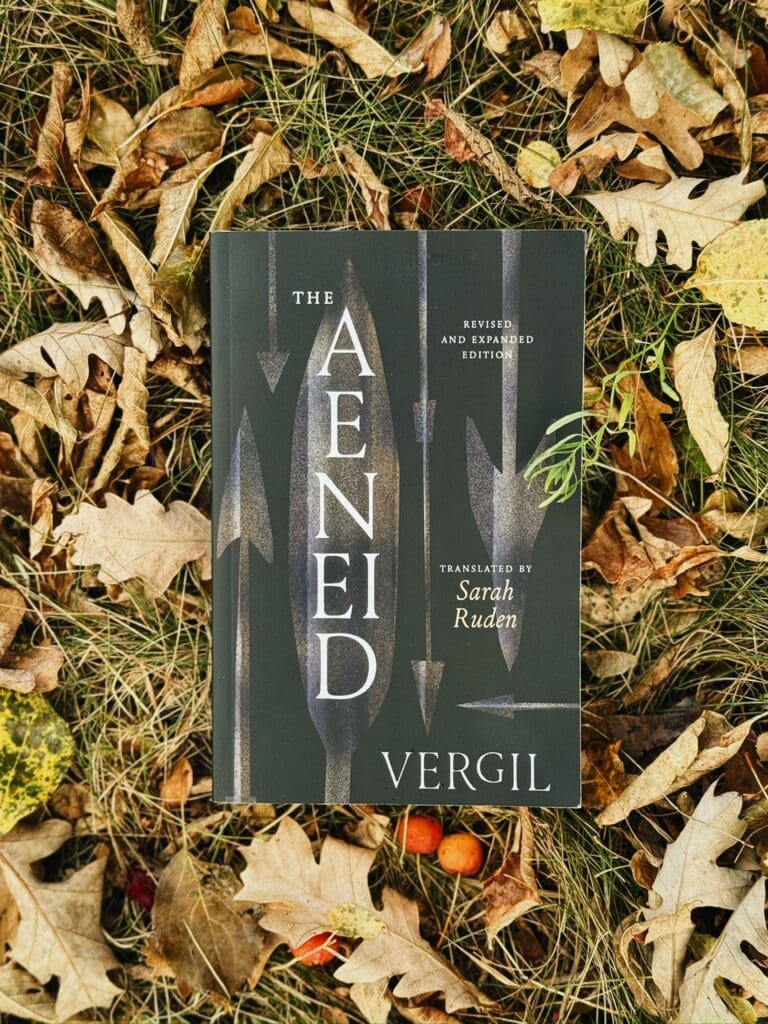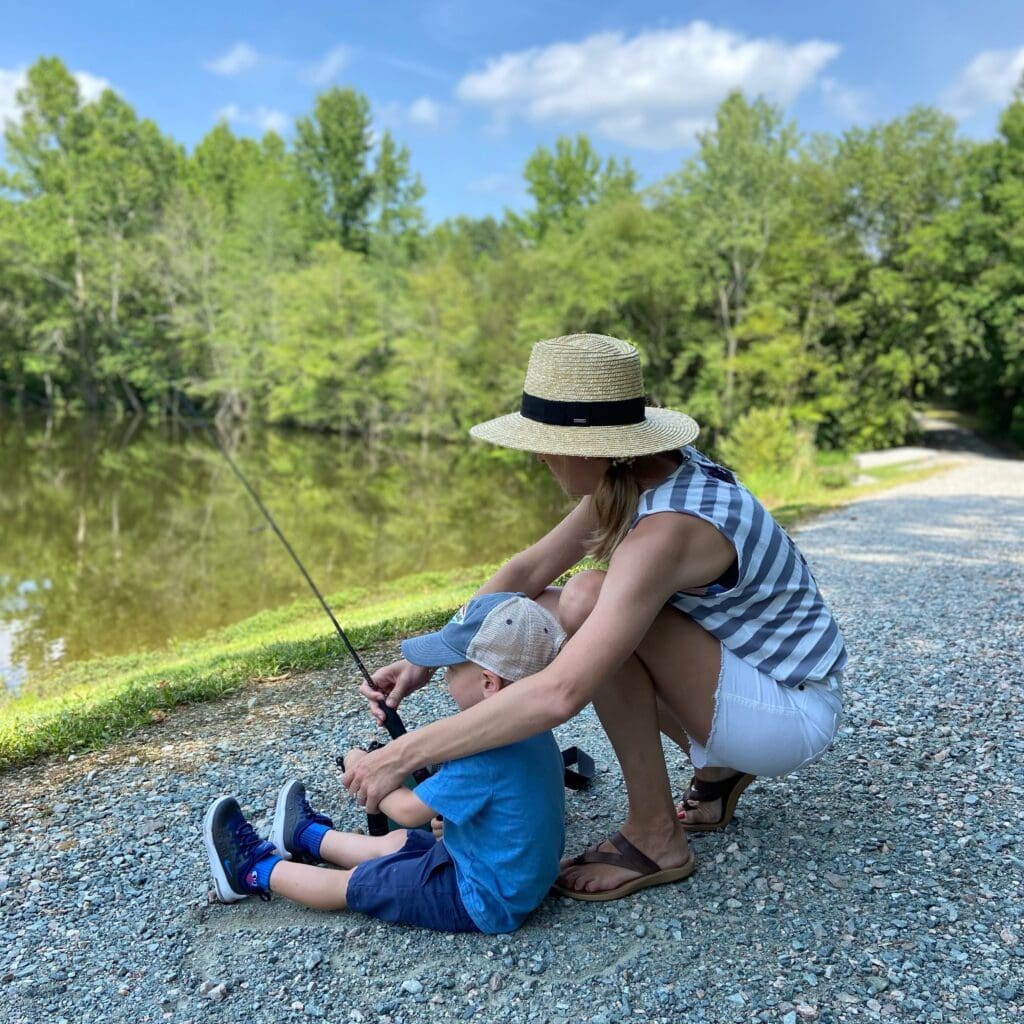Finding Hope in the Ancient World: Reading Vergil’s Aeneid as an Advent Journey
Written by Emily Russell
At the behest of Well-Read Mom, several faithful, tome-toting women are meeting to discuss Vergil’s Aeneid at their book club meetings this month. While some of us may be Latin scholars, most are out of our comfort zones. Our Well-Read Mom chapter had our first “book club support group” text chain to get us through the assignment, which basically devolved into a peppering of the different ways we were all trying to wade through the poem (our favorites: Audible, Sparknotes, a graphic novel, our kids’ textbooks).
Far too many humans throughout millennia have waxed poetic about why reading an epic written a couple of decades before the birth of Christ is so urgently important. I don’t plan on adding my voice to that chorus here. Instead, I humbly offer the thought that I couldn’t get out of my head while reading it: Vergil profoundly illustrates how the Gentiles experienced Advent in real time and makes it easier to understand why Christianity exploded into popularity under the Roman Empire. (My disclaimer: I’m neither a classics, history, nor theology major, so please forgive me if these points are tediously obvious or gravely flawed.)

Aeneas’ experience of the ancient gods brought to life a pagan religion that some of us only really encountered watching Disney’s Hercules. I was struck by how much the gods toyed with the characters, not out of a plan to move them toward some greater good but because of the gods’ fickle flaws. Goddess Juno spends the poem trying to thwart the Trojan refugees, causing hundreds of casualties, partly because another Trojan, Paris, told her years before that she wasn’t the heavens’ most beautiful goddess. Aeneas depicts arguably virtuous, blind obedience to the gods’ will, even when their will is based on something outrageously arbitrary. Imagine seeing your place in the universe as a plaything or pawn for gods in petty disagreement with one another. From the (admittedly very) biased perspective of a Christian believer, this hopeless outlook begs for a greater purpose, for an escape to a greater good.
Aeneas and his father both express this longing in different ways, but two lines stand out. Aeneas, realizing that his mother, goddess Venus, is toying with him by pretending to be a young girl, shouts after her, “Why do you, cruel as anybody, taunt me, your child, with tricks and phantoms? Take my hand! Let there be words between us as we are!” This illustrates not only a son yearning for authentic love from his mother but also a dutiful man yearning for genuine love from the gods he obeys no matter the sacrifice. In the underworld, Aeneas’ father, Anchises, sees his son approaching him and cries joyfully after a lifetime of war and service, “Love would win out, I knew, on this hard road.” This line, too, speaks of a pious soldier hungering for a greater good victorious, the only thing that makes sense after a life of blind obedience to the gods.
Merely twenty or thirty years after Vergil’s Aeneid is written, our Savior arrives. He reveals Himself as Love; He reveals Himself victorious through our weakness; He reveals our purpose to know, love, and serve Him; He invites us to be a part of the humble goodness conquering sin. For the virtuous men and women who threw themselves to the whims of the gods, this truth must have asserted itself in ways those of us standing on millennia of history with Christ could easily take for granted. By calling this to mind, Vergil unknowingly invites us to reexamine how the Gentiles saw Christianity and how it must have resonated so strongly as it rooted them in obedience for the sake of hope, joy, peace, and love. And so, no matter how difficult or tedious (or not!) reading an ancient poem can be, we can use it to remember the privileged space we share in salvation history in a way dutiful Aeneas never could. May we embrace the reminder to confidently follow a God we know loves us.

About Emily Russell
Emily Burns Russell lives south of Richmond, Virginia, where she loves to adventure with her husband and young son. Sometimes, she writes about what she’s reading at emilyburnsrussell.substack.com.
About Well-Read Mom
In Well-Read Mom, women read more and read well. Our hope is to deepen the awareness of meaning hidden in each woman’s daily life. We long to elevate the cultural conversation and revitalize reading literature from books. If you would like us to help you select worthy reading material, we invite you to join and read along. We are better together! For information on how to start or join a Well-Read Mom group visit our website wellreadmom.com

